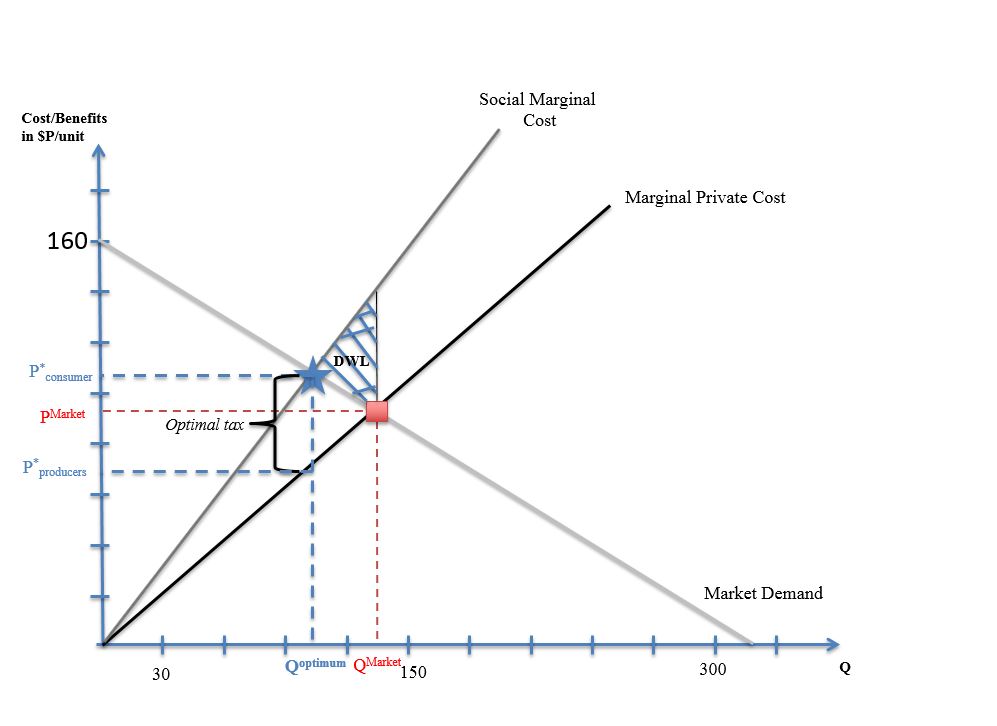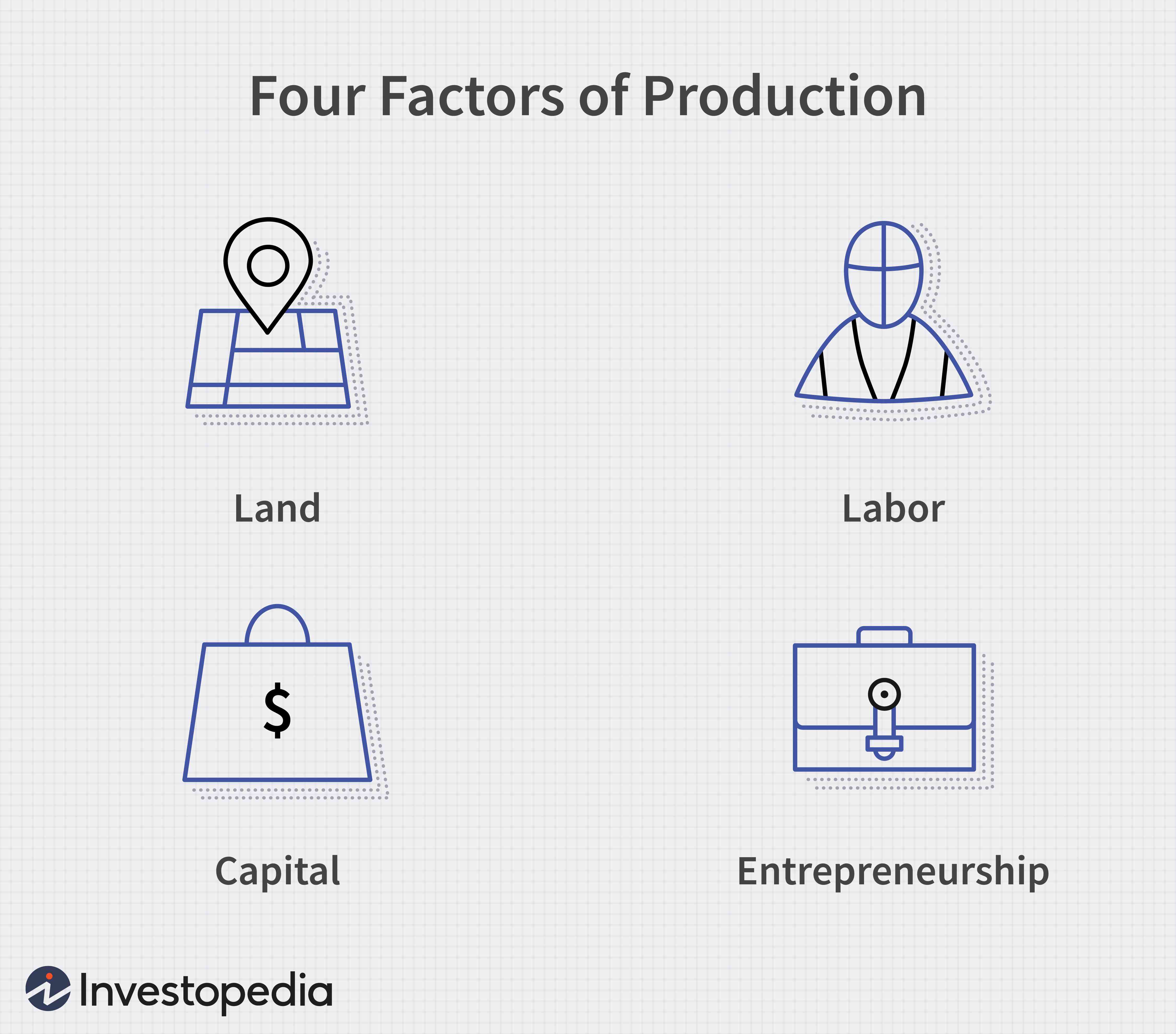|
User Pays
User pays, or beneficiary pays, is a pricing approach based on the idea that the most efficient allocation of resources occurs when consumers pay the full cost of the goods that they consume. In public finance it stands in opposition to another principle of " ability-to-pay," which states that those who have the means should share more of the burden of public services. The ability-to-pay principle is one of the reasons for the general acceptance of the progressive income tax system. The principle of user pays supports the idea of horizontal equity, which states that those in similar wealth and income positions should be treated equally by the tax system. The basic idea is that those who do not use a service should not be obligated to pay for it. As long as the beneficiary aligns exactly with the user, the user-pays principle works. Those who do not go to a movie are not obligated to pay for someone else to attend. In public goods, beneficiaries and users sometimes do not align. Th ... [...More Info...] [...Related Items...] OR: [Wikipedia] [Google] [Baidu] |
Pricing
Pricing is the process whereby a business sets the price at which it will sell its products and services, and may be part of the business's marketing plan. In setting prices, the business will take into account the price at which it could acquire the goods, the manufacturing cost, the marketplace, competition, market condition, brand, and quality of product. Pricing is a fundamental aspect of product management and is one of the four Ps of the marketing mix, the other three aspects being product, promotion, and place. Price is the only revenue generating element amongst the four Ps, the rest being cost centers. However, the other Ps of marketing will contribute to decreasing price elasticity and so enable price increases to drive greater revenue and profits. Pricing can be a manual or automatic process of applying prices to purchase and sales orders, based on factors such as: a fixed amount, quantity break, promotion or sales campaign, specific vendor quote, price prevailing o ... [...More Info...] [...Related Items...] OR: [Wikipedia] [Google] [Baidu] |
Consumption (economics)
Consumption is the act of using resources to satisfy current needs and wants. It is seen in contrast to investing, which is spending for acquisition of ''future'' income. Consumption is a major concept in economics and is also studied in many other social sciences. Different schools of economists define consumption differently. According to mainstream economists, only the final purchase of newly produced goods and services by individuals for immediate use constitutes consumption, while other types of expenditure — in particular, fixed investment, intermediate consumption, and government spending — are placed in separate categories (see consumer choice). Other economists define consumption much more broadly, as the aggregate of all economic activity that does not entail the design, production and marketing of goods and services (e.g. the selection, adoption, use, disposal and recycling of goods and services). Economists are particularly interested in the relationship betwee ... [...More Info...] [...Related Items...] OR: [Wikipedia] [Google] [Baidu] |
Fossil Fuels
A fossil fuel is a hydrocarbon-containing material formed naturally in the Earth's crust from the remains of dead plants and animals that is extracted and burned as a fuel. The main fossil fuels are coal, oil, and natural gas. Fossil fuels may be burned to provide heat for use directly (such as for cooking or heating), to power engines (such as internal combustion engines in motor vehicles), or to generate electricity. Some fossil fuels are refined into derivatives such as kerosene, gasoline and propane before burning. The origin of fossil fuels is the anaerobic decomposition of buried dead organisms, containing organic molecules created by photosynthesis. The conversion from these materials to high-carbon fossil fuels typically require a geological process of millions of years. In 2019, 84% of primary energy consumption in the world and 64% of its electricity was from fossil fuels. The large-scale burning of fossil fuels causes serious environmental damage. Over 80% of ... [...More Info...] [...Related Items...] OR: [Wikipedia] [Google] [Baidu] |
Social Cost
Social cost in neoclassical economics is the sum of the private costs resulting from a transaction and the costs imposed on the consumers as a consequence of being exposed to the transaction for which they are not compensated or charged. In other words, it is the sum of private and external costs. This might be applied to any number of economic problems: for example, social cost of carbon has been explored to better understand the costs of carbon emissions for proposed economic solutions such as a carbon tax. Private costs refer to direct costs to the producer for producing the good or service. Social cost includes these private costs and the additional costs (or external costs) associated with the production of the good which are not accounted for by the free market. In short, when the consequences of an action cannot be taken by the initiator, we will have external costs in the society. We will have private costs when initiator can take responsibility for agent's action.de V. Graa ... [...More Info...] [...Related Items...] OR: [Wikipedia] [Google] [Baidu] |
Climate Change
In common usage, climate change describes global warming—the ongoing increase in global average temperature—and its effects on Earth's climate system. Climate change in a broader sense also includes previous long-term changes to Earth's climate. The current rise in global average temperature is more rapid than previous changes, and is primarily caused by humans burning fossil fuels. Fossil fuel use, deforestation, and some agricultural and industrial practices increase greenhouse gases, notably carbon dioxide and methane. Greenhouse gases absorb some of the heat that the Earth radiates after it warms from sunlight. Larger amounts of these gases trap more heat in Earth's lower atmosphere, causing global warming. Due to climate change, deserts are expanding, while heat waves and wildfires are becoming more common. Increased warming in the Arctic has contributed to melting permafrost, glacial retreat and sea ice loss. Higher temperatures are also causing m ... [...More Info...] [...Related Items...] OR: [Wikipedia] [Google] [Baidu] |
Environment (biophysical)
A biophysical environment is a biotic and abiotic surrounding of an organism or population, and consequently includes the factors that have an influence in their survival, development, and evolution. A biophysical environment can vary in scale from microscopic to global in extent. It can also be subdivided according to its attributes. Examples include the marine environment, the atmospheric environment and the terrestrial environment. The number of biophysical environments is countless, given that each living organism has its own environment. The term ''environment'' can refer to a singular global environment in relation to humanity, or a local biophysical environment, e.g. the UK's Environment Agency. Life-environment interaction All life that has survived must have adapted to the conditions of its environment. Temperature, light, humidity, soil nutrients, etc., all influence the species within an environment. However, life in turn modifies, in various forms, its conditions. ... [...More Info...] [...Related Items...] OR: [Wikipedia] [Google] [Baidu] |
Greenhouse Gases
A greenhouse gas (GHG or GhG) is a gas that absorbs and emits radiant energy within the thermal infrared range, causing the greenhouse effect. The primary greenhouse gases in Earth's atmosphere are water vapor (), carbon dioxide (), methane (), nitrous oxide (), and ozone (). Without greenhouse gases, the average temperature of Earth's surface would be about , rather than the present average of . The atmospheres of Venus, Mars and Titan also contain greenhouse gases. Human activities since the beginning of the Industrial Revolution (around 1750) have increased the atmospheric concentration of carbon dioxide by over 50%, from 280 ppm in 1750 to 421 ppm in 2022. The last time the atmospheric concentration of carbon dioxide was this high was over 3 million years ago. This increase has occurred despite the absorption of more than half of the emissions by various natural carbon sinks in the carbon cycle. At current greenhouse gas emission rates, temperatures could increas ... [...More Info...] [...Related Items...] OR: [Wikipedia] [Google] [Baidu] |
Gasoline
Gasoline (; ) or petrol (; ) (see ) is a transparent, petroleum-derived flammable liquid that is used primarily as a fuel in most spark-ignited internal combustion engines (also known as petrol engines). It consists mostly of organic compounds obtained by the fractional distillation of petroleum, enhanced with a variety of additives. On average, U.S. refineries produce, from a barrel of crude oil, about 19 to 20 gallons of gasoline; 11 to 13 gallons of distillate fuel (most of which is sold as diesel fuel); and 3 to 4 gallons of jet fuel. The product ratio depends on the processing in an oil refinery and the crude oil assay. A barrel of oil is defined as holding 42 US gallons, which is about 159 liters or 35 imperial gallons. The characteristic of a particular gasoline blend to resist igniting too early (which causes knocking and reduces efficiency in reciprocating engines) is measured by its octane rating, which is produced in several grades. Tetraethyl lead and o ... [...More Info...] [...Related Items...] OR: [Wikipedia] [Google] [Baidu] |
Production (economics)
Production is the process of combining various inputs, both material (such as metal, wood, glass, or plastics) and immaterial (such as plans, or knowledge) in order to create output. Ideally this output will be a good or service which has value and contributes to the utility of individuals. The area of economics that focuses on production is called production theory, and it is closely related to the consumption (or consumer) theory of economics. The production process and output directly result from productively utilising the original inputs (or factors of production). Known as primary producer goods or services, land, labour, and capital are deemed the three fundamental production factors. These primary inputs are not significantly altered in the output process, nor do they become a whole component in the product. Under classical economics, materials and energy are categorised as secondary factors as they are byproducts of land, labour and capital. Delving further, primary factor ... [...More Info...] [...Related Items...] OR: [Wikipedia] [Google] [Baidu] |
Allocation Of Resources
In economics, resource allocation is the assignment of available resources to various uses. In the context of an entire economy, resources can be allocated by various means, such as markets, or planning. In project management, resource allocation or resource management is the scheduling of activities and the resources required by those activities while taking into consideration both the resource availability and the project time. Economics In economics, the field of public finance Public finance is the study of the role of the government in the economy. It is the branch of economics that assesses the government revenue and government expenditure of the public authorities and the adjustment of one or the other to achie ... deals with three broad areas: macroeconomics, macroeconomic stabilization, the distribution of income and wealth, and the allocation of resources. Much of the study of the allocation of resources is devoted to finding the conditions under which particular ... [...More Info...] [...Related Items...] OR: [Wikipedia] [Google] [Baidu] |
Beneficiary
A beneficiary (also, in trust law, '' cestui que use'') in the broadest sense is a natural person or other legal entity who receives money or other benefits from a benefactor. For example, the beneficiary of a life insurance policy is the person who receives the payment of the amount of insurance after the death of the insured. Most beneficiaries may be designed to designate where the assets will go when the owner(s) dies. However, if the primary beneficiary or beneficiaries are not alive or do not qualify under the restrictions, the assets will probably pass to the ''contingent beneficiaries''. Other restrictions such as being married or more creative ones can be used by a benefactor to attempt to control the behavior of the beneficiaries. Some situations such as retirement accounts do not allow any restrictions beyond death of the primary beneficiaries, but trusts allow any restrictions that are not illegal or for an illegal purpose. The concept of a "beneficiary" will also fr ... [...More Info...] [...Related Items...] OR: [Wikipedia] [Google] [Baidu] |
Horizontal Equity
Equity, or economic equality, is the concept or idea of fairness in economics, particularly in regard to taxation or welfare economics. More specifically, it may refer to a movement that strives to provide equal life chances regardless of identity, to provide all citizens with a basic and equal minimum of income, goods, and services or to increase funds and commitment for redistribution. Overview According to Peter Corning, there are three distinct categories of substantive fairness (equality, equity, and reciprocity) that must be combined and balanced in order to achieve a truly fair society. Inequality and inequities have significantly increased in recent decades. Equity is based on the idea of moral equality. Equity looks at the distribution of capital, goods, and access to services throughout an economy and is often measured using tools such as the Gini index. Equity may be distinguished from economic efficiency in overall evaluation of social welfare. Although 'equity' ... [...More Info...] [...Related Items...] OR: [Wikipedia] [Google] [Baidu] |




